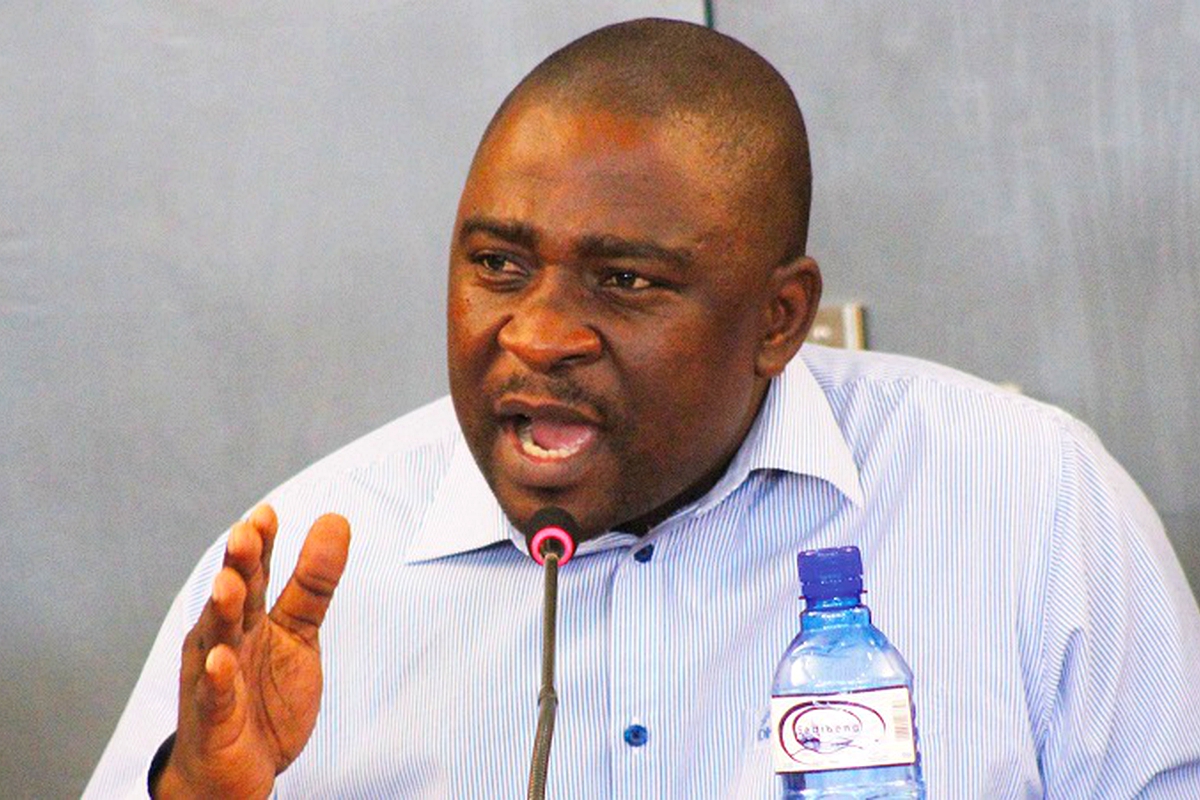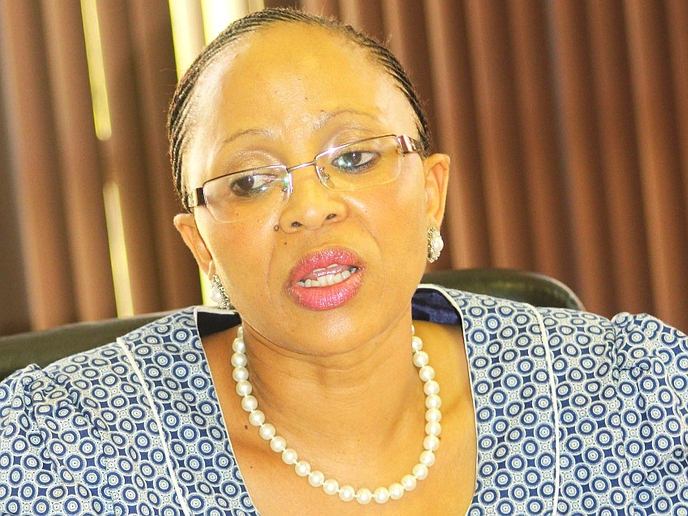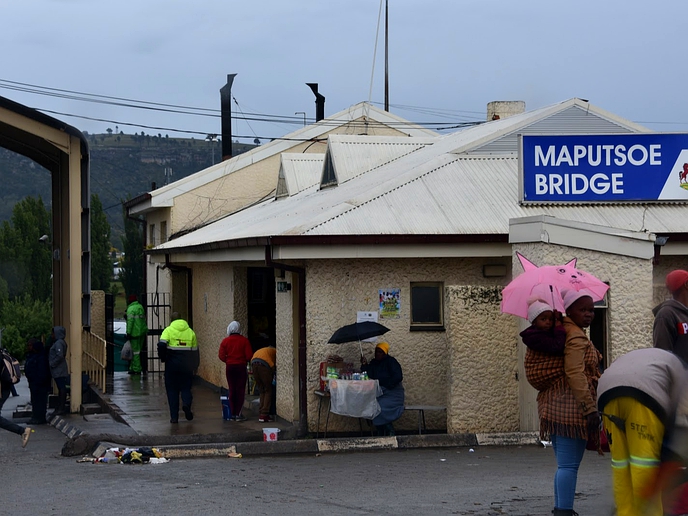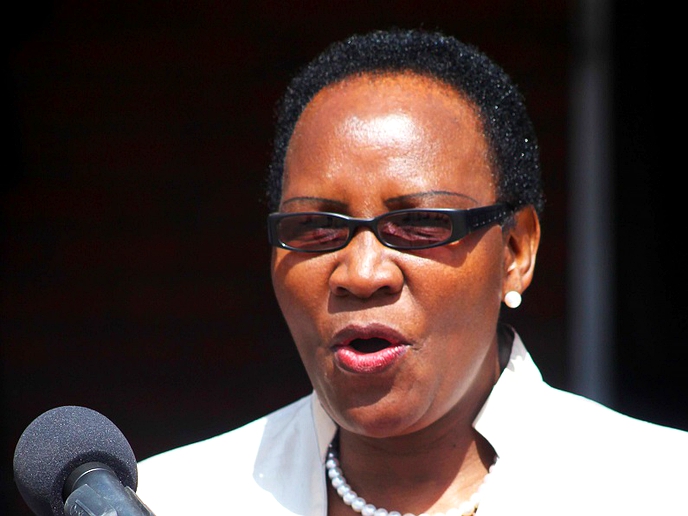MASERU - The government through the Ministry of Development Planning is set to launch a ‘means testing’ policy to cast a net that will distribute scholarships equitably from the national coffers.
business
Aug. 26, 2020
STAFF REPORTER
3 min read
Gov't to launch 'means testing' policy

Minister of Development Planning Selibe Mochoboroane
This was said by the Minister of Development Planning Selibe Mochoboroane this week in an interview with Metro News.
After a lot of head scratching and beard stroking, the minister said the government reached a decision to come up with a strategy that will help include children from less fortunate families to be able to further their studies to higher levels.
Mochoboroane said they are aware that children who have a good foundation from primary level are the ones who normally benefit from the National Manpower Development Secretariat (NMDS) coffers, excluding those from mainly poor and rural communities.
“This is because their parents managed to afford them good education that enables them to sail through to the tertiary level,” he said.
But the minister was quick to mention that he is not saying the children from a well off families should not benefit from the government’s sponsorship.
He said parents who have means to pay for their children’s fees at tertiary level should do so or at least pay 80 or 50 per cent of the fees.
Mochoboroane said the law that forms the NMDS was founded way back in 1987 and does not accommodate today's needs.
At the time it was founded, the enrolment for the tertiary level was low as compared to now and every one was assisted, he said, adding that today it is the survival of the fittest.
He said children from the economically challenged backgrounds are usually left out in the cold sucking their wounds of marginalisation.
“I have a long list from the Ministry of Social Development of children who failed to secure sponsorship from the NMDS,” he said.
He said some Basotho do not have pay-slips or bank accounts that can be used as a litmus test to measure if they can afford to pay for their children’s tuition fees, yet they have the means to take their children through tertiary.
The government spends between M500 million and M700 million from its M900 million total budget to pay for such bursaries.
Mochoboroane said the money comes exclusively from the government’s coffers and no other means as it is the case in other countries.
Enjoy our daily newsletter from today
Access exclusive newsletters, along with previews of new media releases.
He said the NMDS funding is steadfastly drying up and is struggling to pay for all applicants gunning for the bursaries.
Now the government is gathering views from the relevant stakeholders to map the way forward.
“We want to get opinions of the people,” Mr. Mochoboroane said.
He showed they are going to compile the views and formulate them into policies and laws in context with their culture, adding that the implementation will be in the next academic year.
He insisted that only children who literally have nothing will be assisted 100 percent with fees.
Tailored for you






